Soldiers and Indians Though Hollywood movies and television shows would have us believe cowboys and Indians frequently fought each other in the "wild west," it just wasn't true. Nor is it true that Indians frequently attacked wagon trains heading west. In fact, a man on a wagon train was more likely to die drowning at a river crossing or having a mishap with his own gun than in a fight with an Indian (Duncan and Ward). "Soldiers and Indians" would have been more accurate than "cowboys and Indians," but even that wasn't as common as Hollywood would have us believe. The majority of soldiers serving in forts and outposts of the old west never fought Indians and some never even saw an Indian (Duncan and Ward). The Wild West After the US bought the Louisiana Purchase from France in 1803, more and more people headed west into what they believed was mostly empty land. This was just plain wrong. Native People had been living there for centuries. Many, like the Cherokee, had already been pushed west from their original lands many years earlier (Anderson and Wetmore). Imagine living in a place where your parents and your grandparents grew up (and even their grandparents!) and then some strangers come along with guns and tell you to leave. They tell you that you and all the other people in your town now have to move to a reservation 1,000 miles away and you can't leave that reservation or you'll be arrested. This is what happened to many Native People when they were moved from all over the US to "Indian Territory" in what is now (mostly) Oklahoma and southern Kansas in the 1830s (History.com "Trail of Tears"). Cowboys
If you look at the map of the trails on the right you'll see some cross the area promised to the Indians (which seems crazy since it was their land to begin with). This meant occasionally they would have fights with cowboys, but usually, cowboys and Indians never saw each other at all (Duncan and Ward). Instead of the stereotype from the movies of fighting cowboys and Indians, the real story was very different. One cowboy who did see Indians wrote, "The people we saw, scattered about in small villages or begging [beef] from us, were not the 'savage foes' of Western lore but a sorry lot of starving human beings."
There were a few battles (battle is a poor word, however since the army had Gatling guns and could kill Indians, including women and children, without penalty) between the army and Native American nations in this area during the heyday of the cowboy, but the idea that cowboys and Indians were constantly at war is a myth . . . except in the movies. Anderson, William L., and Ruth Y. Wetmore. "Cherokee." NCpedia. University of North Carolina Press, 2006. Web. 14 Mar. 2017. <http://www.ncpedia.org/cherokee/origins>. Duncan, Dayton, and Geoffrey Ward. "The West." The West. Dir. Stephen Ives. Prod. Ken Burns. PBS. Sept. 1996. Television. Haeber, Jonathan. “Vaqueros: The First Cowboys of the Open Range.” National Geographic. National Geographic Society, 15 Aug. 2003. Web. History.com Staff. "Trail of Tears." History.com. A&E Television Networks, 2009. Web. 14 Mar. 2017. <http://www.history.com/topics/native-american-history/trail-of-tears>. Image file: Public Broadcasting Station. "Isom Dart." Wikimedia.org. Wikimedia Commons, 20 July 2017. "Indian Wars Time Table." United States History. Online Highways, LLC., n.d. Web. 14 Mar. 2017. <http://www.u-s-history.com/pages/h1008.html>. Olson, Tod, Scott Allred, and Gregory Proch. "We Prepare for Indian Attack but Meet None." How to Get Rich on a Texas Cattle Drive: In Which I Tell the Honest Truth about Rampaging Rustlers, Stampeding Steers, & Other Fateful Hazards on the Wild Chisholm Trail. Washington, D.C.: National Geographic, 2010. 24. Print. Ponsford, Matthew. “America’s black cowboys fight for their place in history.” CNN. Turner Broadcasting System, 28 Nov. 2012. Web.
|
Author
I often struggle to find websites with thorough explanations in simple language to help kids understand historical events or scientific concepts, so I decided to create some of my own! -Cookie Davis
Archives
March 2024
|
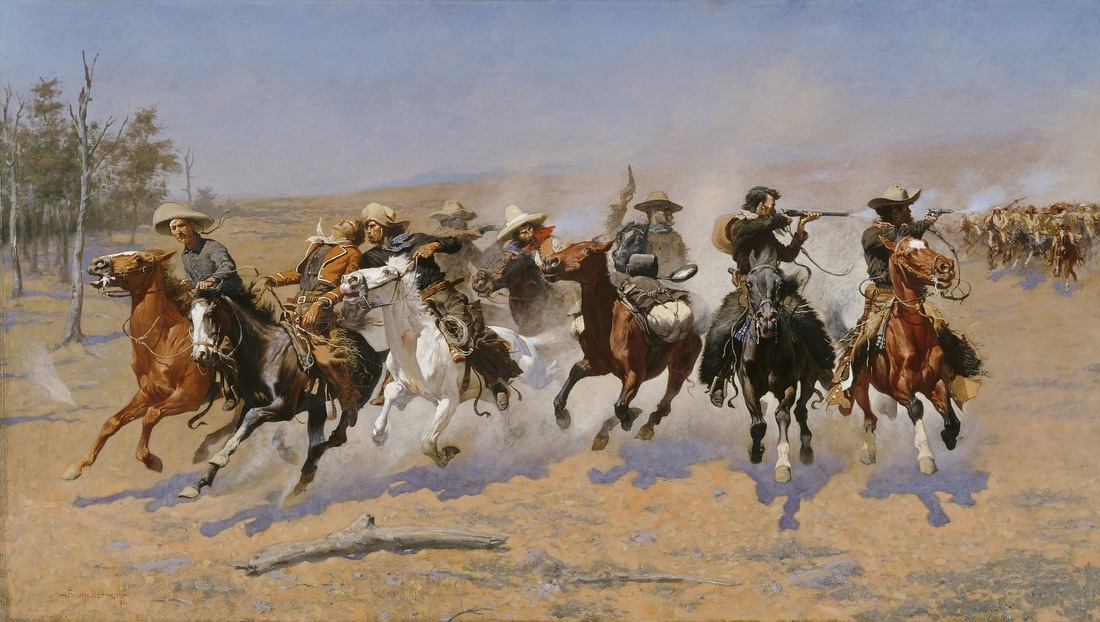
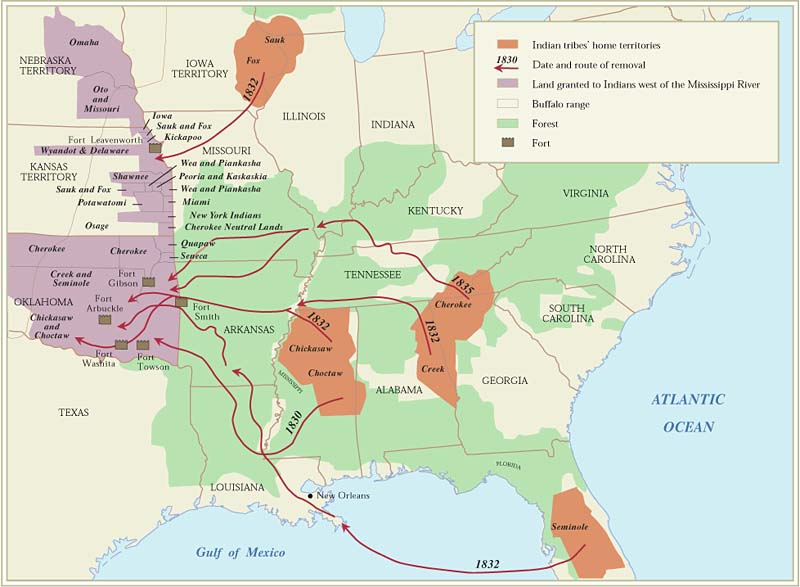
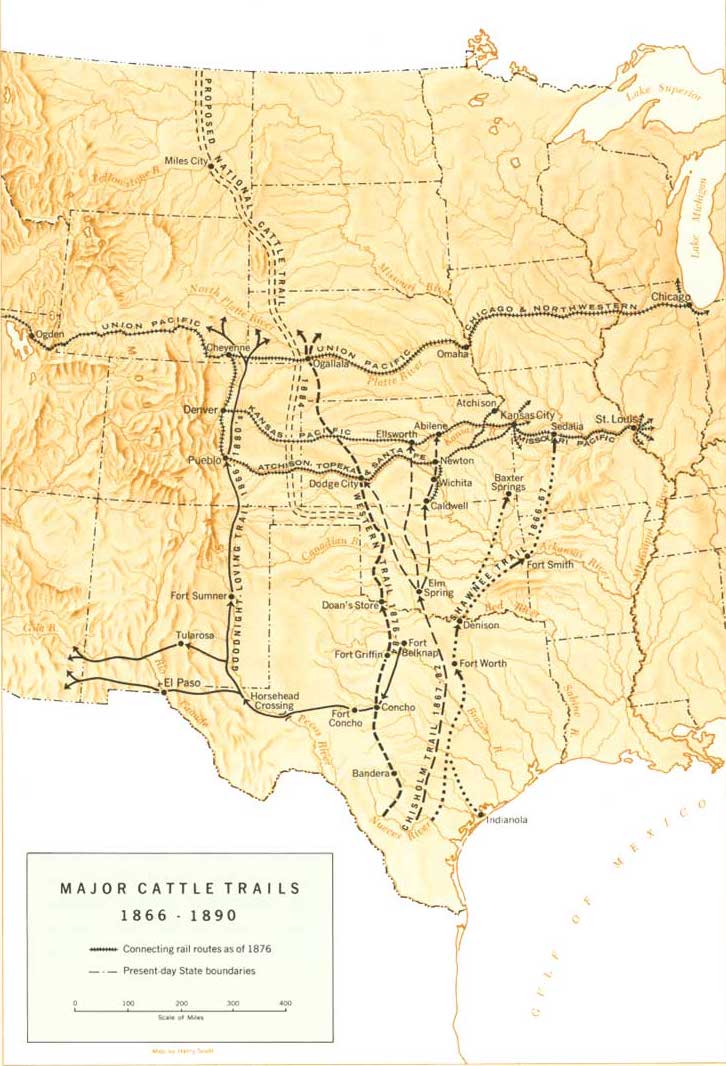
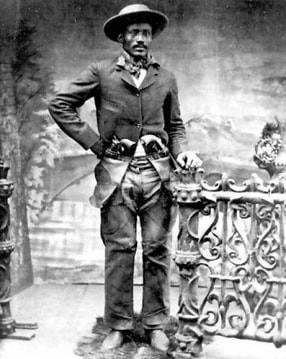
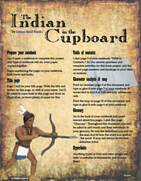
 RSS Feed
RSS Feed